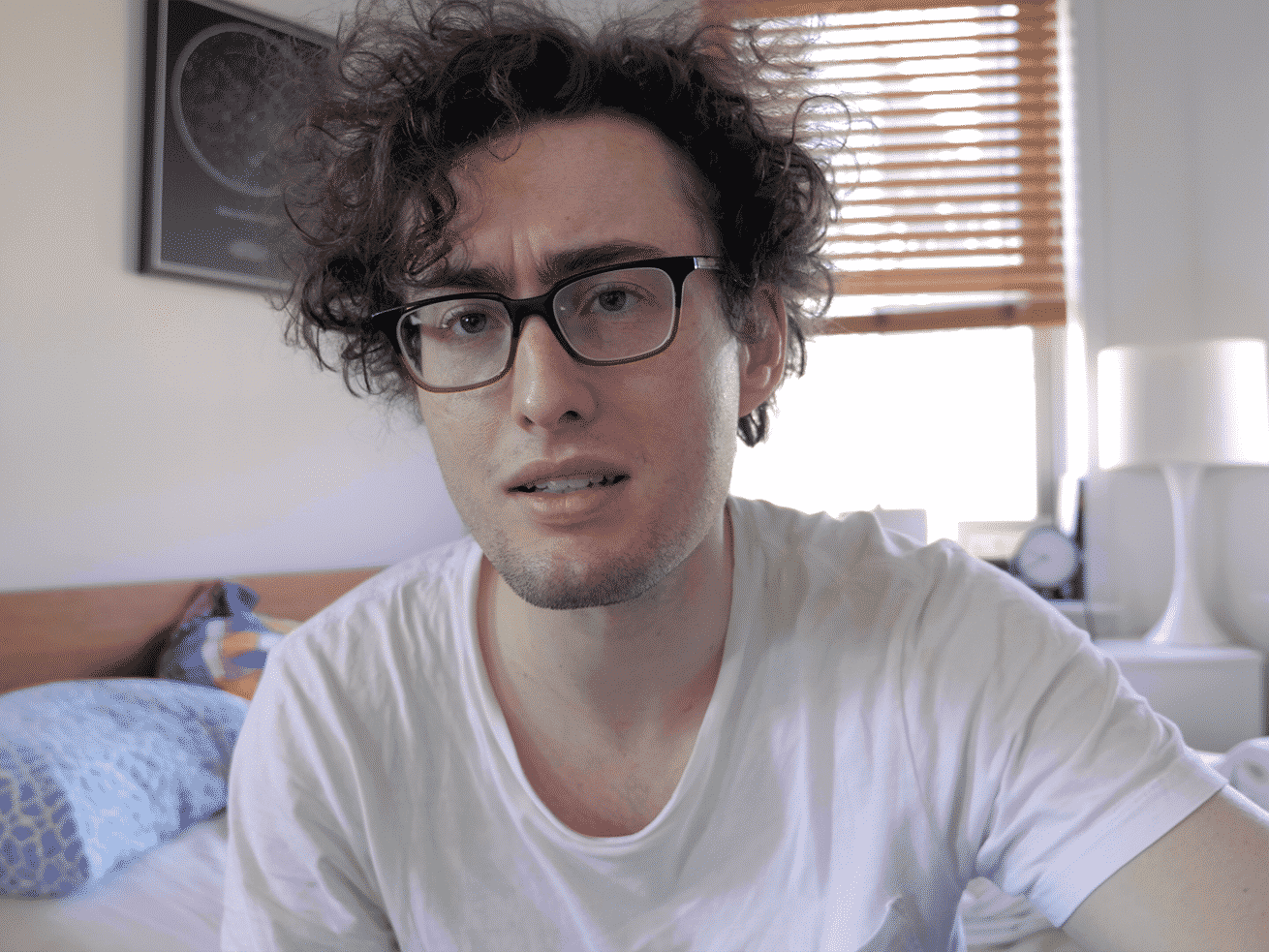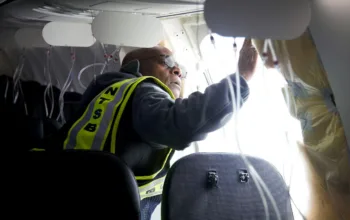How work schedules wreck our biological clocks.
If you’ve ever traveled between distant time zones, you know how badly jet lag can throw your body out of whack. But if you’re usually tired when your alarm goes off each morning, you might be putting your body through that same kind of stress every day.
Sleep researchers call this phenomenon “social jetlag”: the mismatch between our daily schedules and the unique biological requirements of our internal clocks. The greater the gap between your “biological time” (the unique schedule when your body needs sleep) and your “social time” (the schedule you follow instead), the greater your risk for developing a slew of health problems. An estimated two-thirds of people experience an hour of social jetlag per week, and a third experience two or more — equivalent to flying from Los Angeles to Chicago every week.
This misalignment is at the core of a public health crisis of sleep loss. Decades of research have linked insufficient sleep to higher rates of obesity, heart disease, and even Alzheimer’s and dementia. In the US, a third of adults report not getting enough sleep every night; for teenagers, it’s almost 70 percent.
In this episode of Glad You Asked, we explore how biological rhythms shape our sleep schedules, and how sleep contributes to broader social disparities in health.
You can find this video and all of Vox’s videos on YouTube. Subscribe for more.
Further reading
- A Demographic Profile of U.S. Workers Around the Clock, Population Reference Bureau
- “Sleep disparity, race/ethnicity, and socioeconomic position,” Sleep Medicine
- “Aligning work and circadian time in shift workers improves sleep and reduces circadian disruption,” Current Biology
- “School Start Times, Sleep, Behavioral, Health, and Academic Outcomes: a Review of the Literature,” Journal of School Health
- Why We Sleep, by Matthew Walker
- Circadian Rhythms, National Institute of General Medical Sciences
Author: Christophe Haubursin
Read More



